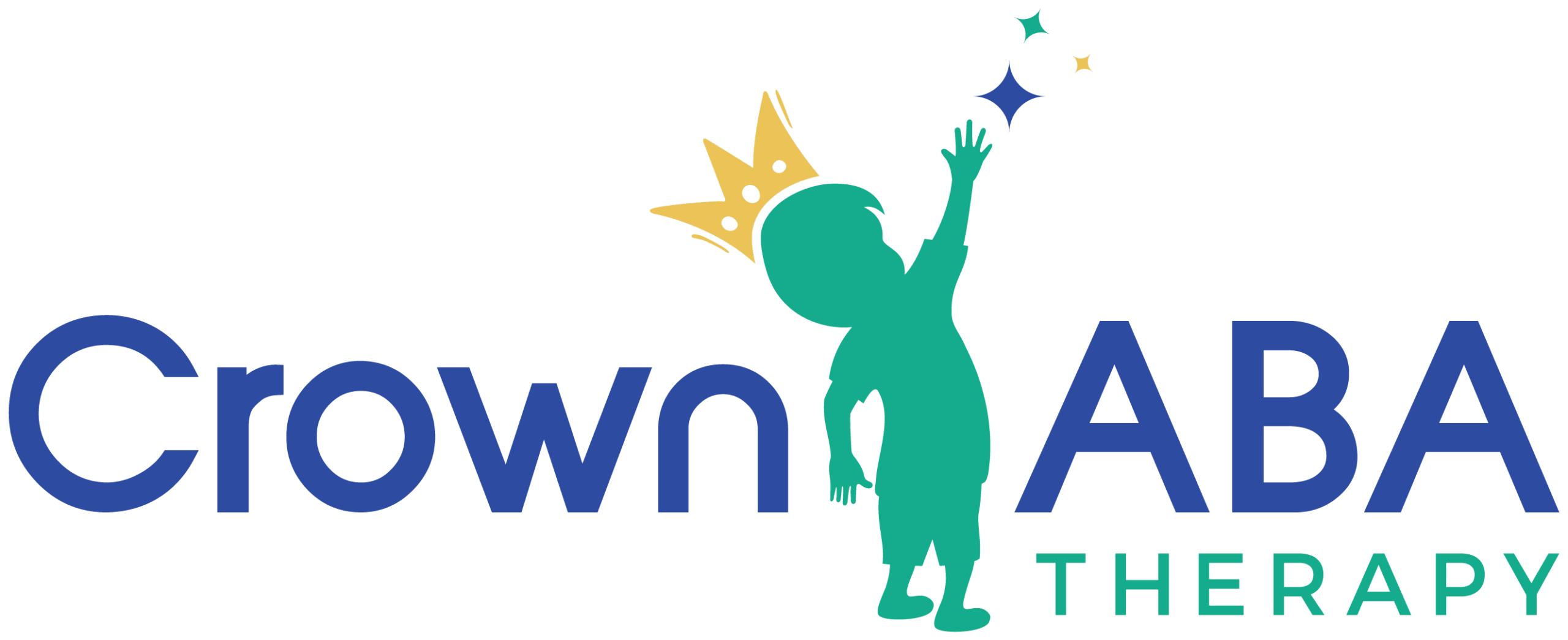Key Points:
- There is currently no cure for autism, but many therapies can significantly improve quality of life and development.
- Ongoing research explores causes, early interventions, and possible future treatments.
- Parents can find hope through practical support, evidence-based care, and a focus on their child’s strengths.
Hearing that a child is on the autism spectrum often brings a flood of questions, emotions, and uncertainties for parents. One of the first questions many families ask is, “Will there be a cure for autism?”
It’s a natural and understandable response—every parent wants the best possible outcome for their child. However, understanding what autism really is, how it affects development, and what treatments are available today can empower families to move forward with confidence and hope.
This article explores the question “Will there be a cure for autism?” by explaining current knowledge, common treatments, and what the future may hold. It’s designed to provide clear, digestible information for parents looking for practical ways to support their child.
Is There a Cure for Autism?
No, there is currently no cure for autism spectrum disorder (ASD). Autism is a neurodevelopmental condition, not a disease, which means it affects how a person’s brain grows and functions—especially in areas related to communication, behavior, and social interaction.
The question “Will there be a cure for autism?” is still being explored in scientific and medical communities, but current understanding suggests that the goal should be improving the lives of autistic individuals through therapy, education, and community, not the elimination of the condition itself.
Understanding What Autism Really Is
Autism isn’t a one-size-fits-all condition. That’s why it’s called a spectrum. Some children may have significant challenges with language and daily life skills, while others might have advanced verbal skills but struggle with sensory sensitivities or social cues.
Here are a few key traits of autism spectrum disorder:
- Differences in communication (verbal and nonverbal)
- Repetitive behaviors or routines
- Sensory processing sensitivities
- Difficulty with social interactions
- Unique strengths, such as attention to detail or strong memory skills
These characteristics vary widely. Understanding this helps explain why the idea of a universal cure is not only unrealistic but may also overlook the valuable contributions autistic individuals bring to families, schools, and communities.
 Current Treatments That Make a Difference
Current Treatments That Make a Difference
While there is no cure, many evidence-based treatments help children with autism develop skills, manage behaviors, and improve their overall quality of life. These interventions are most effective when started early and tailored to each child’s individual needs.
Here are some of the most commonly recommended treatments for autism:
1. Applied Behavior Analysis (ABA)
ABA therapy is widely recognized as one of the most effective tools for helping children with autism learn communication, social, and daily living skills. It uses positive reinforcement and structured techniques to teach new behaviors.
2. Speech and Language Therapy
Many autistic children benefit from working with speech-language pathologists to improve verbal communication, understand nonverbal cues, and express their needs effectively.
3. Occupational Therapy
Occupational therapy focuses on helping children gain independence in daily tasks like dressing, feeding, and grooming. It also helps with sensory integration and fine motor skills.
4. Social Skills Training
Social skills groups or one-on-one instruction can help children navigate peer interactions, understand emotions, and develop relationships.
5. Parent Training and Support
Educating and empowering parents is key. Many programs offer tools that parents can use at home to reinforce skills and create consistent support.
These therapies don’t “cure” autism, but they make a powerful difference in how children grow, connect, and thrive.
What Does the Future Hold for Autism Treatment?
The question “Will there be a cure for autism?” continues to drive much of the research in neuroscience and genetics. Scientists are exploring the biological roots of autism, including how genes, brain structure, and environment interact.
Areas of ongoing research include:
Even as science advances, it’s important to focus on what works now—and that includes therapies and support systems that help children live full, meaningful lives.
What Does the Future Hold for Autism Treatment?
Even as science advances, it’s important to focus on what works now—and that includes therapies and support systems that help children live full, meaningful lives.
Why Some Experts Challenge the Idea of a “Cure”
For many families, asking “Will there be a cure for autism?” comes from a place of deep care and desire to help their child. However, it’s important to recognize a growing movement that encourages acceptance of neurodiversity—the idea that different types of brain function, including autism, are part of natural human variation.
Many autistic adults argue that seeking a cure implies that they are broken or need to be changed. Instead, they advocate for:
- Inclusion and accommodations in schools and workplaces
- Respect for different communication styles
- Support that highlights strengths, not just challenges
This shift in mindset doesn’t mean ignoring real difficulties. It means approaching autism with empathy and focusing on building skills, independence, and self-esteem.
Helping Your Child Thrive Today
Instead of searching for a cure, parents can take immediate steps to support their child’s development and happiness. These actions create a lasting impact:
Build a Supportive Team
Collaborate with therapists, teachers, doctors, and caregivers who understand autism and are committed to helping your child grow.
Follow a Consistent Routine
Children with autism often feel more secure when daily routines are predictable. This helps reduce anxiety and encourages independence.
Use Positive Reinforcement
Celebrate successes, no matter how small. Encouragement and praise can boost your child’s confidence and motivation.
Advocate and Educate
Learn your child’s rights in school, therapy, and healthcare settings. The more informed you are, the better you can advocate for what your child needs.
Connect with Other Families
Joining support groups or online communities can provide emotional relief, shared resources, and reassurance that you’re not alone.
Support That Makes a Lasting Difference
While no single solution exists, ABA therapy continues to be one of the most trusted and evidence-based approaches to helping children with autism build essential life skills. At Crown ABA, families in Maryland receive high-quality, compassionate ABA therapy tailored to each child’s unique strengths and needs.
ABA therapy in Maryland through Crown ABA focuses on improving communication, reducing challenging behaviors, and fostering greater independence—all in a nurturing, family-centered environment. Whether you’re just starting out or looking to expand your child’s support system, Crown ABA is here to help.
Reach out to us today to learn more about how ABA therapy can empower your child to reach their potential and live a fulfilling life.






